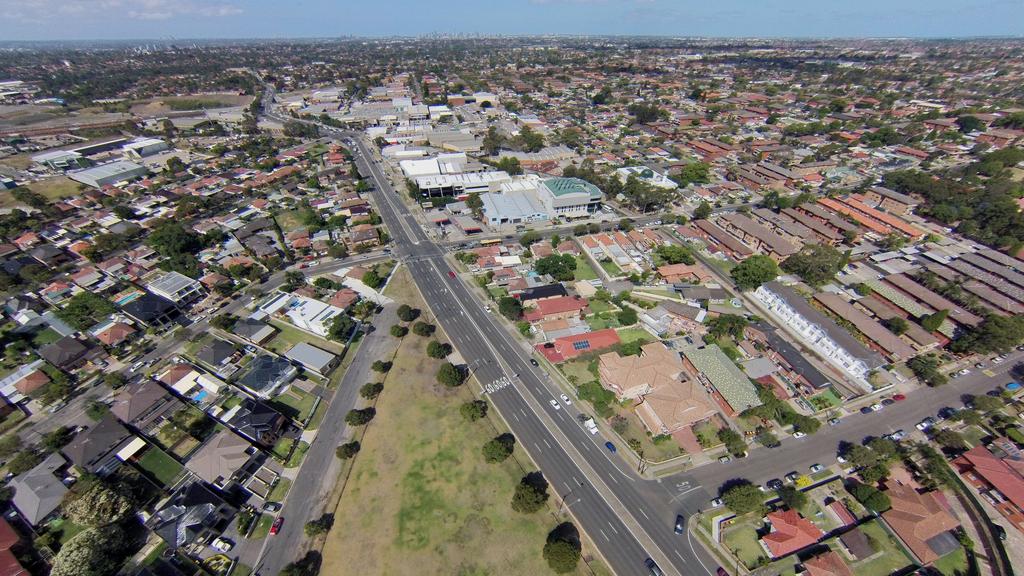House prices to defy looming rise in interest rates

A rise in intrest rates may not immeadietly have an effect on prices, according to CoreLogic.
Property data firm PropTrack has stood by its house price forecasts in spite of the increasing likelihood that the Reserve Bank will raise the cash rate. After a record year of price growth, PropTrack – a subsidiary of REA Group – is predicting an easing over 2022 but still sees a 6 to 9 per cent increase in house prices across combined Australian capital cities.
Director of economic research Cameron Kusher said the forecasts accounted for a rise in listings with a likely rise in 2023.
“Our expectation is price growth is going to soften this year anyway. And this was kind of before all the talk of an interest rate hikes this year,” Mr Kusher said. “If anything, this will probably encourage more people to get their properties on to the market sooner and less likelihood of macroprudential policies being introduced to curb some of the exuberance in the market.”
As the country emerged from the worst of the pandemic, Reserve Bank Governor Phil Lowe indicated that a rate rise from the record low of 0.10 per cent was unlikely until 2024.
But inflation currently stands at 3.5 per cent over the past year, with growth again beating RBA forecasts for the December quarter. The May 2020 modelling has been beaten by 225 basis points.

The impact of a rate rise on the housing market will likely be lagged.
While Dr Lowe has reiterated that it is too early to know whether inflation is sustainably within the RBA range, many are now expecting an increase to the cash rate at some point this calendar year.
Westpac, CBA and AMP suggest it could happen in the third or fourth quarter of this year.
AMP Capital chief economist Shane Oliver has taken a more conservative approach than PropTrack, revising his forecast for this year down to 3 per cent, from 5 per cent, based on the start of rate hikes in November. Calling a peak in the market at some point in the September quarter, AMP Capital then expects a 5 to 10 per cent decline in average housing prices in 2023. Mr Kusher did say an interest rate increase mid-year could have a more dramatic cooling impact on the market.
However, recent analysis from CoreLogic suggests the true impact of a rate rise on the housing market will likely be lagged. Comparing the relationship between a change to rates and house prices from January 2002 and January 2022 showed rates fell about 84.7 per cent of the time and can take up to a year to be felt on the ground.
On PropTrack’s forecasts, the smaller capitals are expected to perform better. Hobart is expected to have the largest growth (9 to 12 per cent), followed by Brisbane (8 to 11 per cent), Adelaide (6 to 9 per cent) and Canberra (6 to 9 per cent).
The traditionally volatile larger markets are likely to be more subdued, with Darwin (5 to 8 per cent) marginally beating out Sydney (4 to 7 per cent), Melbourne (4 to 7 per cent) and Perth (3 to 6 per cent).







